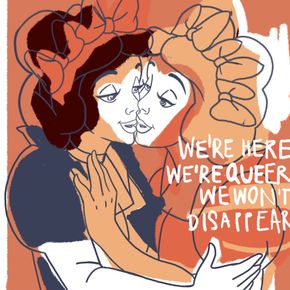Biodegradable plastic and clothing recycling in the fashion industry
Every year, the fashion industry produces more than 100 billion garments, or an average of around 14 pieces per inhabitant of the Earth. Every day, tens of millions of second-hand clothes, go into recycling bins, but only less than 1% of them are recycled into new wardrobe. Piles of used clothing lie in landfills in developing countries, such as Ghana, one of the world’s largest importers of second-hand clothes. In the local language it is obroni wawu, the clothing of dead white people, piled up to a height of about 2, among others, on Chorkor beach, near Accra.
Compostable and biodegradable alternatives to plastic food containers, cups, plates, cutlery and bags are also an environmental concern. According to researchers at University College London, 60% of products labelled as compostable do not fully decompose under home composting conditions and are resource and energy intensive to produce. Compostable products only decompose 100% in industrial composting facilities, as companies still use fossil fuels to produce them.
Major global companies fail to meet their commitments to recycle and reduce plastic production. According to Break Free from Plastics activists, Coca-Cola – the main sponsor of the COP 27 climate summit in Egypt – produces around 120 billion petroleum-based plastic bottles each year. Despite the company’s promise to reduce emissions by 25% by 2030, most of the containers are not recycled. By contrast, in the US, only around 5% of plastic waste is recycled.


























